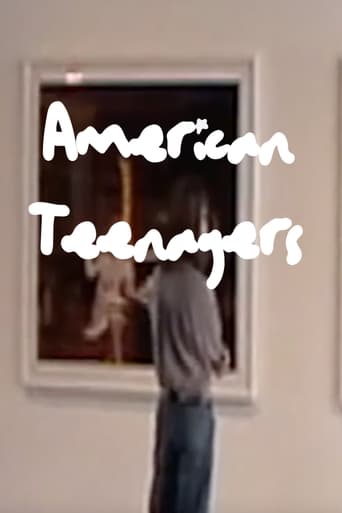
13 Nov 2022

American Teenagers
A short documentary project that attempts to encapsulate what it looks and feels like to be an American Teenager in 2022.
An old man comes across a fascinating archive, then meets a woman who introduces him to the life of a banker, patron and philanthropist. A moving essay that is part documentary, part film diary.
Mathilde
Rezy

13 Nov 2022

A short documentary project that attempts to encapsulate what it looks and feels like to be an American Teenager in 2022.
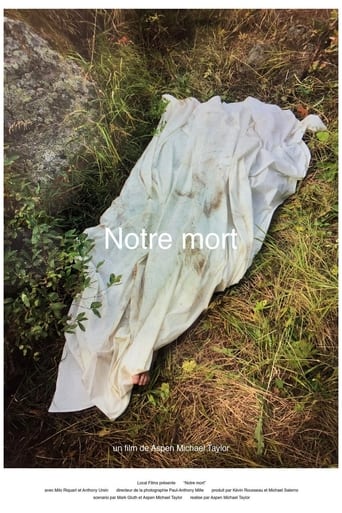
01 Sep 2018

Two teen boys living in an isolated house in the mountains contemplate their existence while maintaining a video diary of their daily lives.
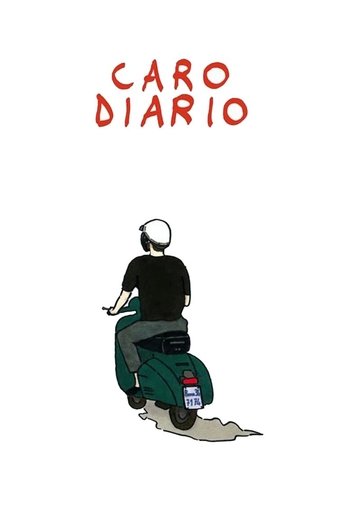
12 Nov 1993

Nanni Moretti recalls in his diary three slice of life stories characterized by a sharply ironic look: in the first one he wanders through a deserted Rome, in the second he visits a reclusive friend on an island, and in the last he has to grapple with an unknown illness.

06 Aug 1997

Jonas Mekas assembles 160 portraits, appearances, and fleeting sketches of underground and independent filmmakers captured between 1955 and 1996. Fast-paced and archival in spirit, the film celebrates the avant-garde as its own “nation of cinema,” a vital community existing outside the dominance of commercial film.

01 Mar 2025

A personal documentary questioning the ways in which family imposed narratives force us into roles that we spend our lives either rebelling against or conforming to.

21 Jul 2006

A young girl turns into an A-List celebrity over night when her private journal is accidently published and becomes a best-seller.
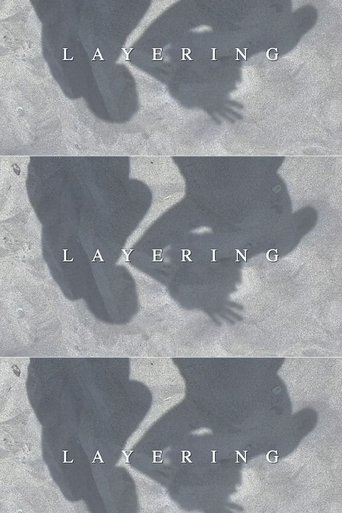
14 Jul 2023

This short experimental diary film reveals my struggles with mental illness in my adolescence and queer adulthood while simultaneously reflecting upon my joyous childhood experiences. I investigate when and how my depression began and explain that my relationships with the people I love have supported me through my harder times. The film incorporates footage shot over May and June 2023 and archival home videos. Overall, I aim to resolve my "growing pains" through the medium of diary film and by reconnecting with my younger self.
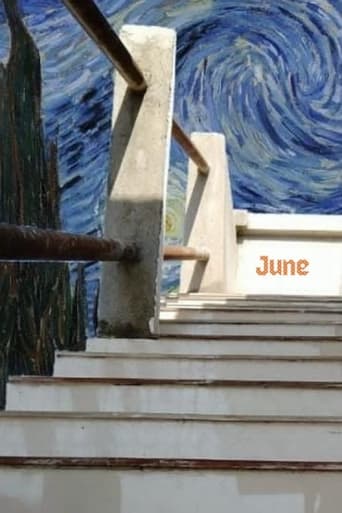
31 Dec 2024

A letter of love to my past self who discovered himself.
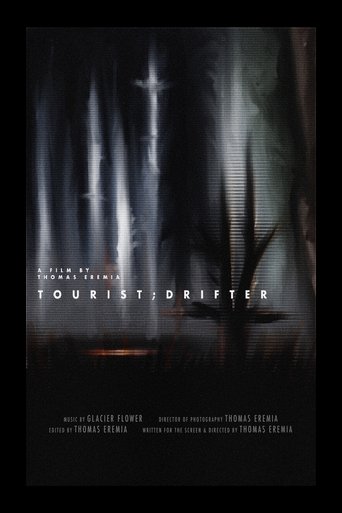
10 Jan 2022

An experimental coming-of-age odyssey through someone's troubled mind, going from country to country, landscape to landscape, growing up in the process. A documentary, travelogue, vlog, dream and self-portrait. A reflection on life, death and history.
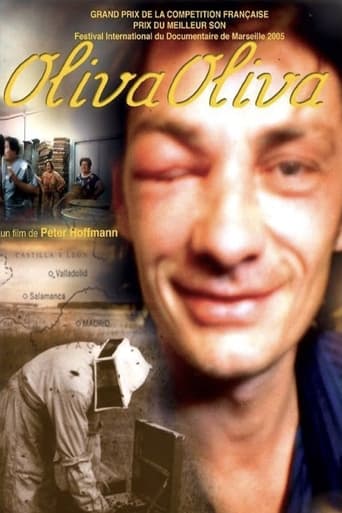
01 Jul 2005

A filmed diary which chronicles two visits to the Olivas, a family of Spanish beekeepers from Salamanca, at the time of the honey harvest, in August and September. Their work and their itinerant life are seen from a friend's point of view.
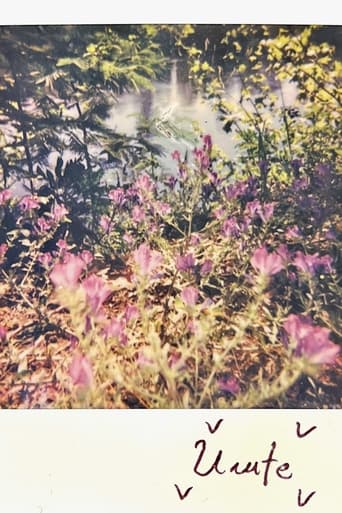
29 May 2024

An intimate glimpse into 3 years of serene moments, compiling video, polaroids and other things that were lying around when editing.
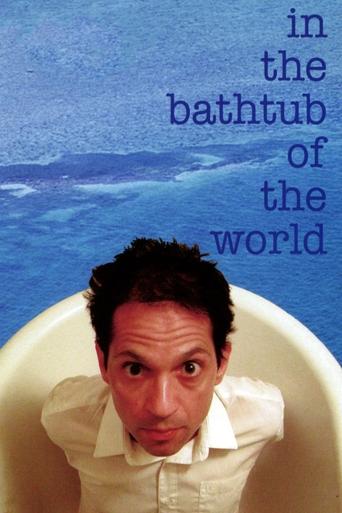
29 Apr 2001

On January 1st, 1999, Caveh Zahedi started a one-year video diary. The idea was to shoot one minute each day. This is the result.
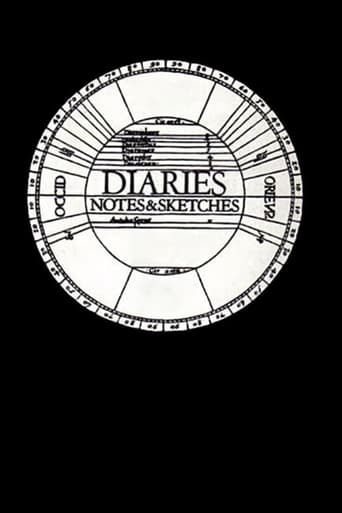
01 Mar 1968

Also known as Walden, Jonas Mekas’s first diary film is a six-reel chronicle of his life in 1960s New York, interweaving moments with family, friends, lovers, and artistic idols. Blending everyday encounters with portraits of the avant-garde art scene, it forms an epic, personal meditation on community, creativity, and the passage of time.
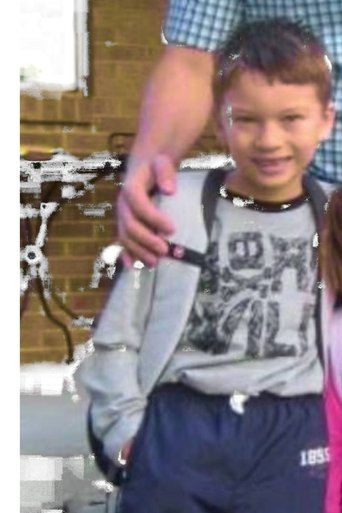
21 Sep 2024

cellular memories, schizophrenia, and emancipatory masculinity.
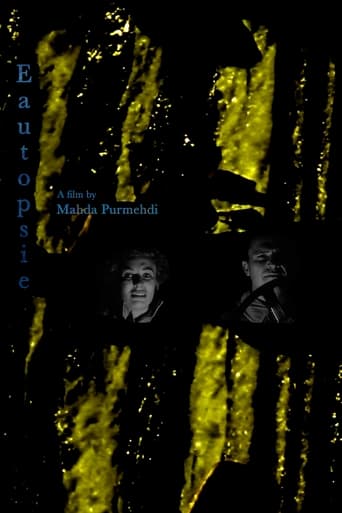
02 Nov 2024

An enigmatic glimpse of life through precarious vignettes, propelling a narrative through a nebulous and opaque structure that sutures the filmmaker's home movie footage to archival material—from Hollywood narrative films to political selfie videos. A handmade impression of a time suspended between past and present and the ghosts and places occupying it, contemplating the nature and meaning of vision, memory and image making.
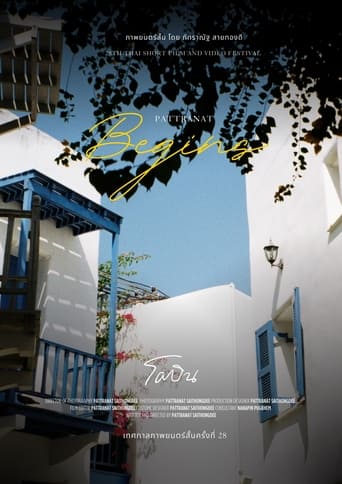
01 Sep 2024

The untold state of mind dealing with an incurable disease. One is wondering if there's still a dream to achieve in life. One is running as if this free spirit of mine has never been taken away.
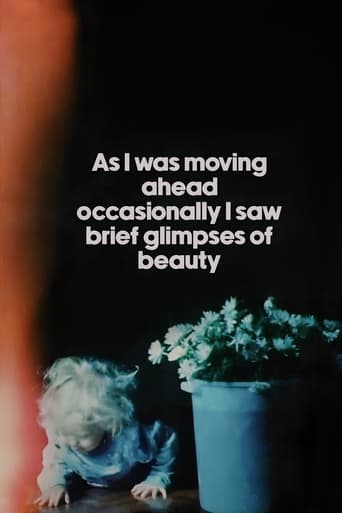
05 Nov 2000

A compilation of over 30 years of private home movie footage shot by Lithuanian-American avant-garde director Jonas Mekas, assembled by Mekas "purely by chance", without concern for chronological order.
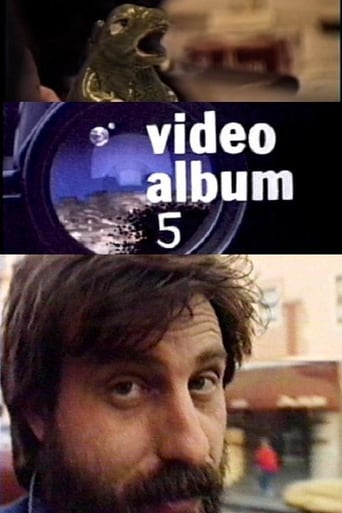
01 Jan 1987

The comings and goings of the late underground filmmaker, Curt McDowell—and the people and activities that came and went along with him—are the themes that run through this existential diary of daily life. McDowell was dying from AIDS-related illnesses during the production of the diary. “An elegy for McDowell, the videowork captures Kuchar’s mournful remembrances of his long-lasting friendship with the young filmmaker. But it also has the inquisitive charm, perverse humor, and quirky candor that places Kuchar’s visual expressions in a gritty niche all their own.”
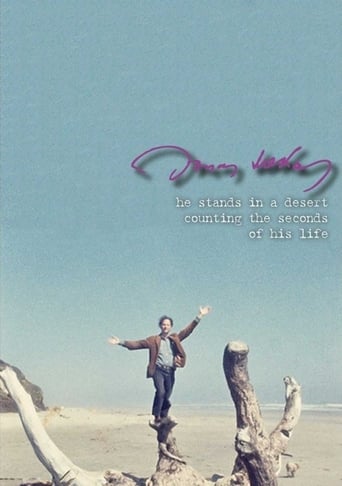
22 Feb 1986

A film collage tracing the story of the lives, loves, and deaths within the artistic community surrounding Jonas Mekas.
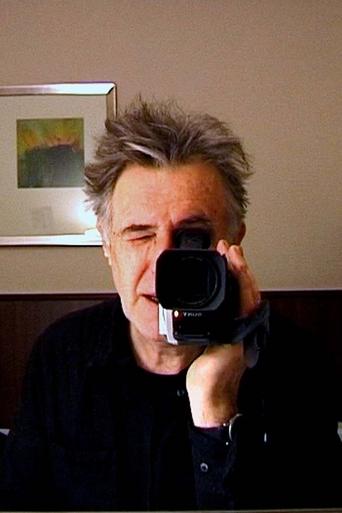
20 Oct 2007

Made over six years in the hotels of six different countries, Hotel Diaries charts the 'War on Terror' era of Bush and Blair through a seven-part series of video recordings that relate personal experiences to the ongoing conflicts in Afghanistan, Iraq and Israel/Palestine. In these works, which play upon chance and coincidence, hotel rooms are employed as 'found' film sets, where architecture, furnishing and decoration become the means by which the filmmaker’s small adventures are linked to major world events.